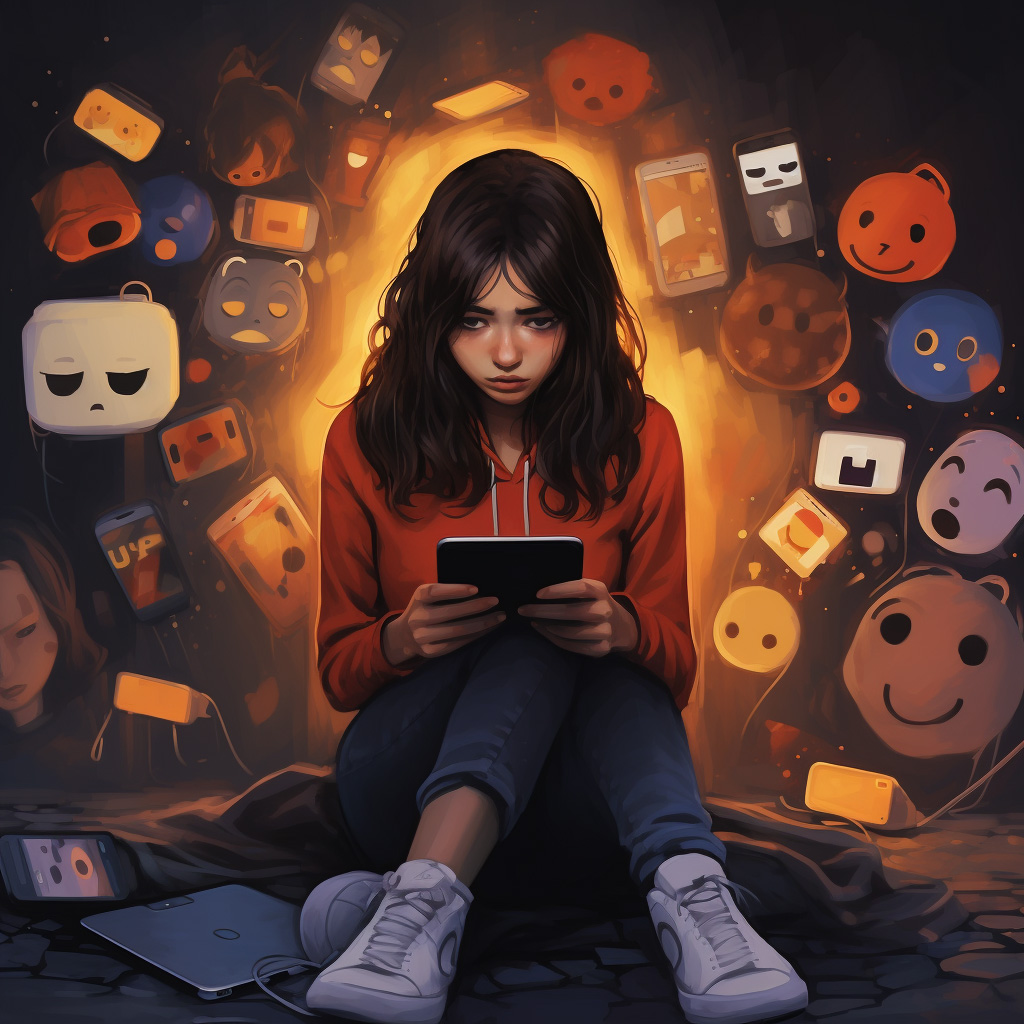Social media occupies a large space in our daily lives, shaping not only how we communicate but also how we see ourselves and perceive others. Platforms like Facebook, Instagram, and Twitter offer a window into the lives of friends, family, and even strangers. And while these platforms can be places of connection, celebration, and expression, they also harbor a darker side, especially when it comes to our self-esteem and self-image.
Within the idealized universe of social media, life seems perfect. Photos are carefully edited, moments are well-selected, and achievements are celebrated. But this distorted view of reality comes at a price. A 2016 study published in the journal Current Opinion in Psychology suggests that frequent social comparison can lead to feelings of inadequacy, envy, and even depression.
Here are some of the impacts of social media on our self-esteem
The Social Comparison Trap
When we are bombarded with the “best versions” of other people’s lives, it can be easy to fall into the trap of unfavorable comparison. This continuous comparison can undermine our self-esteem and make us feel that we are not measuring up.
The Search for Validation
“Likes” and “comments” have become a source of validation for many. A person’s self-esteem can be directly influenced by the number of likes they receive on a post, making them vulnerable to these fluctuations and basing their worth on others’ acceptance.
The False Reality
It is important to recognize that what is presented on social media is often a filtered and idealized version of reality. The distorted perception that “everyone is having a better life” can negatively affect an individual’s self-esteem.
So, how can we interact with social media in a way that supports our self-esteem rather than undermines it?
Awareness and Reflection
Be aware of your feelings when interacting with social media. If you notice that you are not feeling well or are envious, it might be time to take a break.
Limit Your Time
Set limits on how much time you spend on social media. This helps reduce exposure to potential low self-esteem triggers.
Cultivate Authenticity
Remember that it is human to be imperfect. Instead of only showing your best moments, consider sharing your vulnerabilities and realities to create more authentic connections.
Social media is an opportunity for connection and expression, but it is important to use it in a balanced and careful way. Recognizing when it impacts your self-esteem and protecting your mental health allows you to navigate the digital world with a sense of purpose and authenticity.
Designed by humans, co-created by AI.

